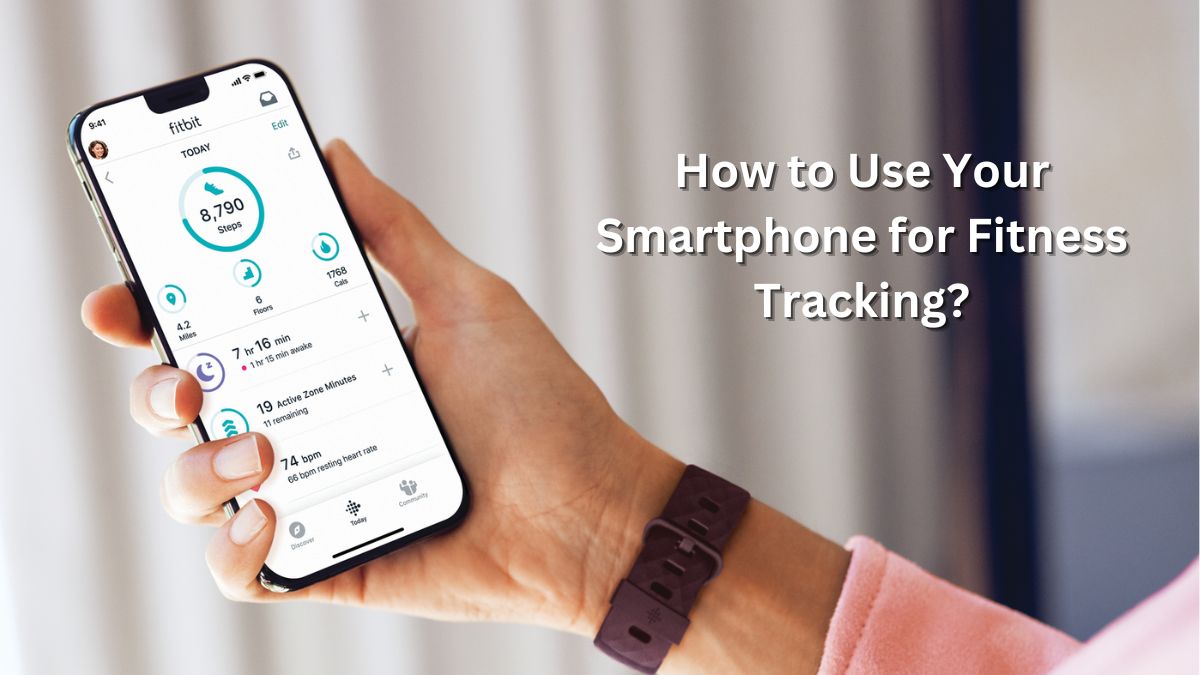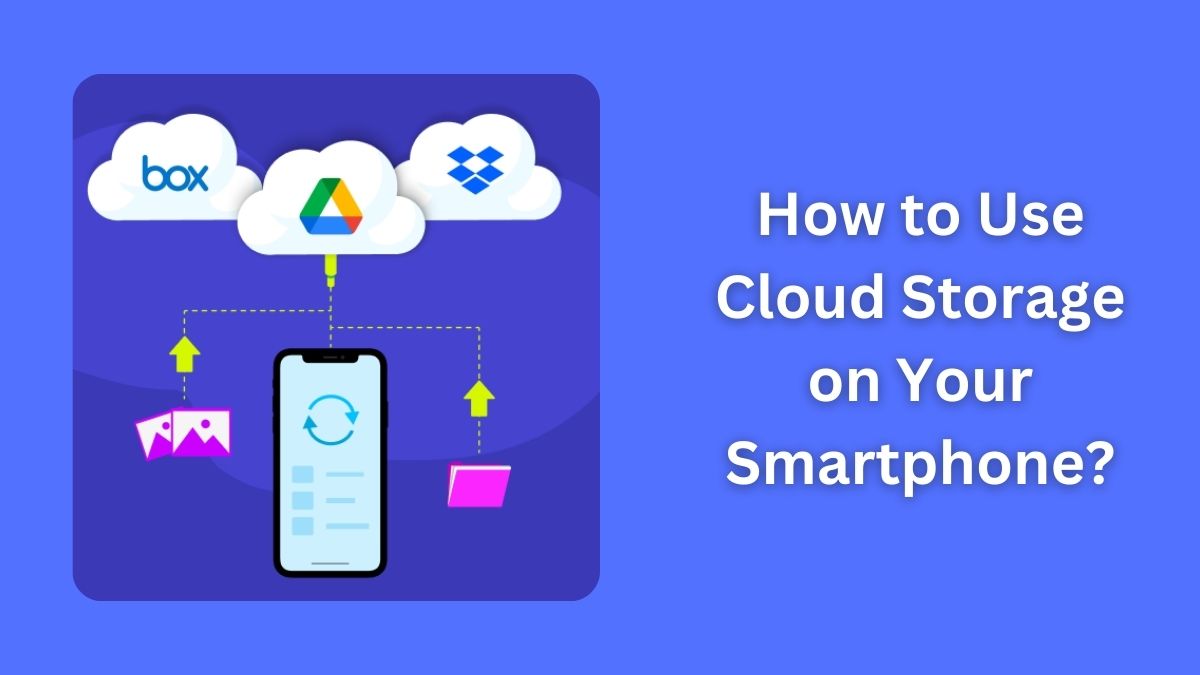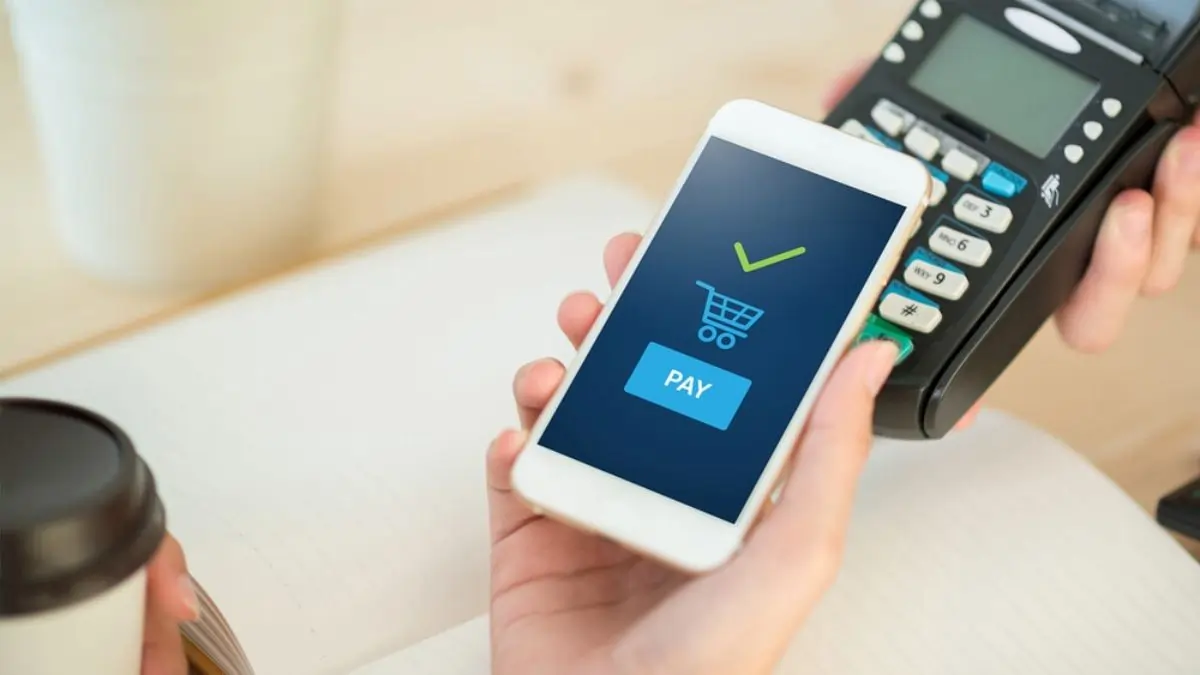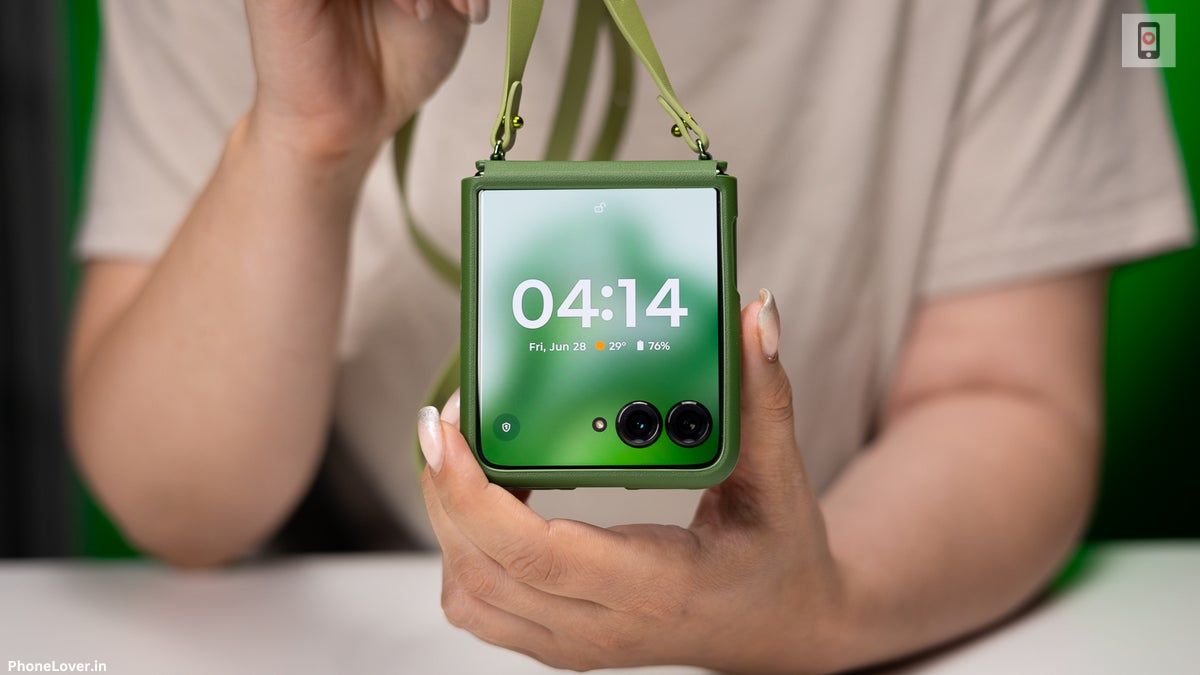If your smartphone has started feeling slow or unresponsive, you’re not alone. Over time, even the best devices can lose their speed. But don’t worry—there are some easy, practical steps you can take to make your phone faster and more reliable. Whether you’re using an Android or iPhone, these tips will help you regain that “brand-new” feel.
Improve Smartphone Performance
1. Keep Your Software Updated
Updates might feel annoying, but they’re key to keeping your phone fast and secure. Software updates fix bugs, enhance performance, and often add new features.
Quick Tip: Enable automatic updates so your phone is always running the latest version of its operating system and apps.
2. Declutter Your Storage
Think of your phone like a closet—if it’s crammed full, it’s harder to find what you need. Temporary files, unused apps, and random downloads can slow things down.
What to Do:
- Clear your browser cache and delete unnecessary files.
- Use your phone’s built-in storage cleaner or manually go through your gallery and app folders.
3. Close Background Apps
Ever leave all the lights on in your house? That’s what it’s like when you leave apps running in the background. They drain your phone’s memory and battery.
Solution: Check which apps are running and close the ones you’re not using. Disable auto-start for apps that don’t need to run in the background.
4. Delete Apps You Don’t Use
How many apps are sitting on your phone that you haven’t opened in months? These apps take up space and can slow your device.
Pro Tip: Review your apps every few weeks and uninstall anything you don’t need.
5. Free Up Space with Cloud Storage
Photos and videos are some of the biggest culprits when it comes to storage. Instead of keeping them all on your device, move them to the cloud.
Options to Try: Google Photos, iCloud, or Dropbox.
6. Reduce Fancy Visual Effects
Animations and fancy effects can make your phone look sleek, but they can also slow it down—especially on older devices.
How to Adjust:
- On Android: Turn off or reduce animations in Developer Options.
- On iPhone: Enable “Reduce Motion” in Accessibility settings.
7. Restart Your Phone Regularly
When’s the last time you restarted your phone? If it’s been a while, now’s the time. Restarting clears temporary files and gives your phone a fresh start.
Best Practice: Restart your phone at least once a week.
8. Stay Safe with a Security App
Malware can slow your phone and compromise your data. A trusted security app can help you identify and remove threats.
Recommended Apps: Look into Bitdefender, Norton, or Avast.
9. Check Your Battery Health
Your battery’s performance can affect your phone’s overall speed. If it’s draining quickly or overheating, it might be time for a replacement.
Pro Tip: Most smartphones have a battery health feature in settings—check it regularly.
10. Perform a Factory Reset (If Needed)
When nothing else works, a factory reset can be a game-changer. It wipes out everything and gives your phone a fresh start.
Important: Back up your data first, as this process will erase everything.
Why These Tips Work
Improving smartphone performance doesn’t have to be complicated. These small steps can make a big difference, whether it’s clearing storage, updating software, or tweaking a few settings. With just a little effort, you can keep your phone running smoothly and avoid the frustration of a sluggish device.
Must Read:











